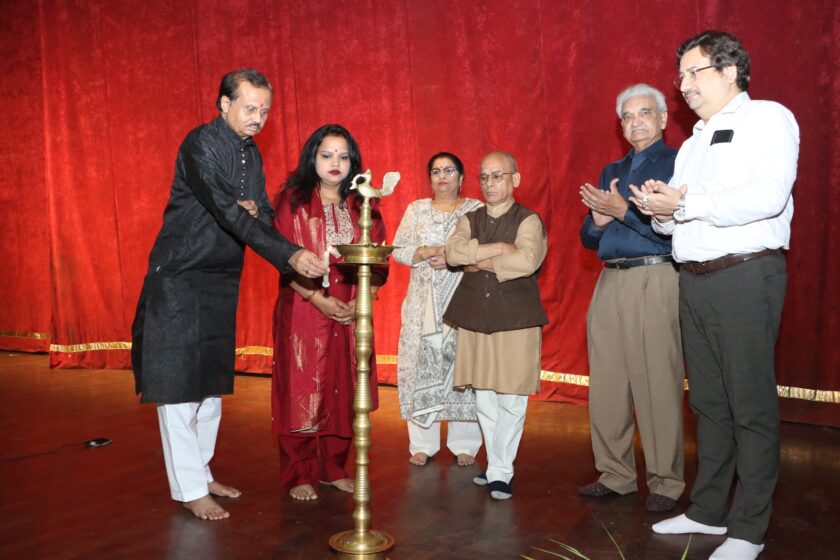Lucknow – The Deputy Chief Minister of Uttar Pradesh, Keshav Prasad Maurya, praised the life and legacy of Bharat Ratna Atal Bihari Vajpayee, calling him a source of inspiration for all. Speaking at the centenary celebrations of the esteemed Atal Ji’s birth, held at the Bharatiya Shiksha Mandir School in Varanasi on Wednesday, Maurya remembered Atal Ji as a visionary, a brilliant orator, and a steadfast advocate for good governance.
Maurya paid tribute to the great leader by offering floral tributes at Atal Ji’s portrait and inaugurated an exhibition showcasing his life and work, urging the public to reflect on his extraordinary contributions to the nation.
In his address, Keshav Prasad Maurya remarked that Atal’s poetry, his life’s journey, and his leadership principles are an ongoing source of motivation for the entire country. He highlighted how the strong foundation laid by Atal is continuing to shape India’s progress under the leadership of Prime Minister Narendra Modi.
Drawing attention to Atal’s enduring values, he emphasized the importance of imbibing his principles of governance. Maurya further noted that this year marks Atal’s birth centenary and that it is a fitting tribute to commemorate his legacy through the observance of Good Governance Day, symbolizing Atal’s role in steering the nation towards administrative excellence.

Later, on the same day, Keshav Prasad Maurya participated in a Health Fair organized in Lucknow at Dilkusha Lawn to mark Atal’s centenary. During the event, he observed the distribution of bicycles and mobile phones to the differently-abled and other citizens, as well as visited various healthcare camps providing treatments and services. The health fair was an initiative aimed at reaching out to the people, reinforcing the importance of public welfare, and continuing the spirit of service that Atal always embodied.
The events were a testament to Atal’s vision for a prosperous, inclusive, and well-governed India, and Maurya remarks served as a reminder of the enduring relevance of his principles in contemporary governance.






